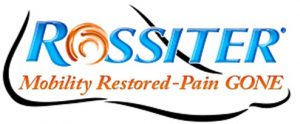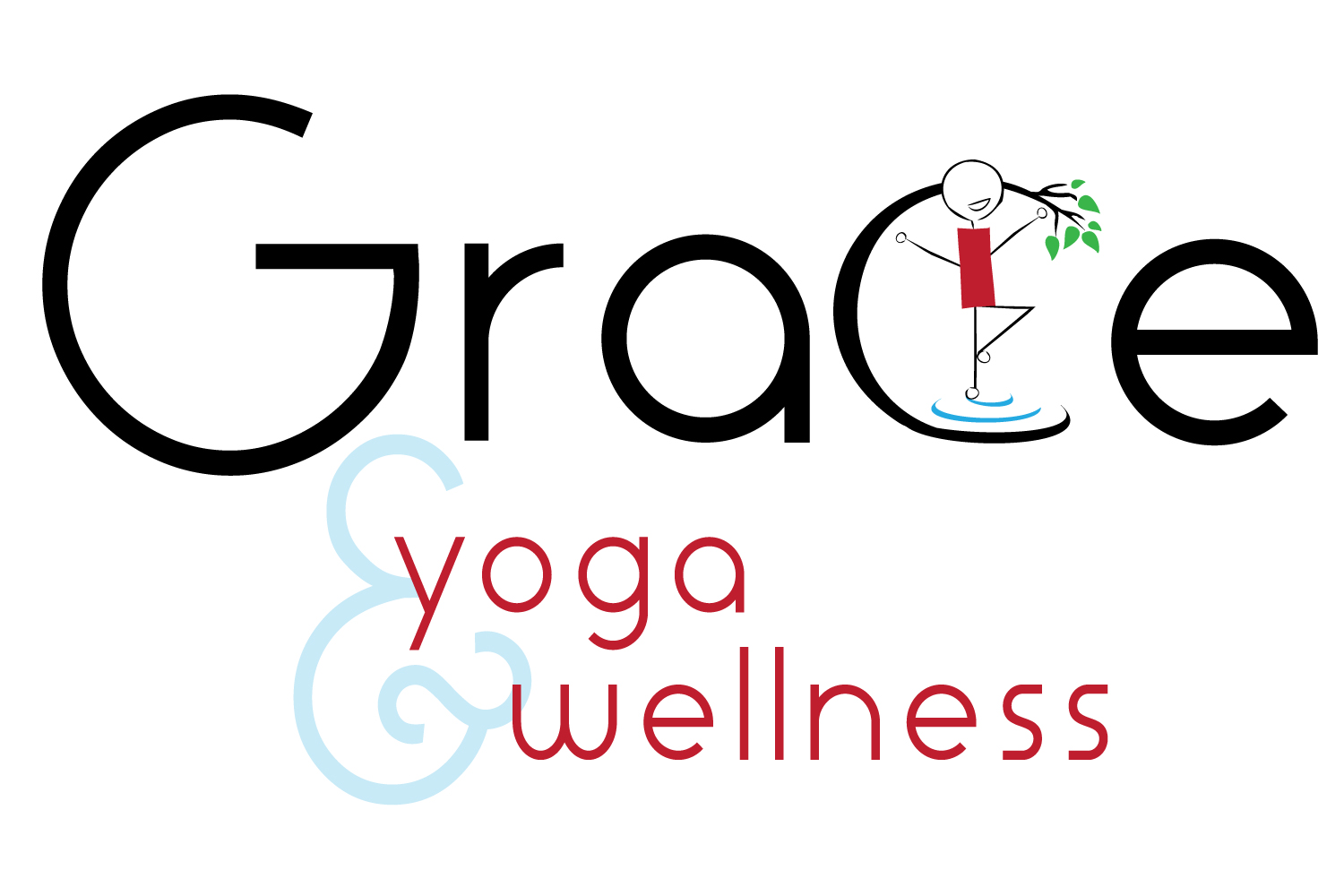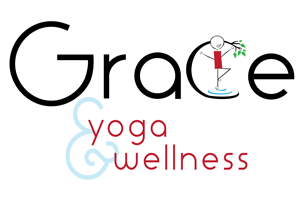What is fascia?
 The Rossiter System helps to stretch fascia, but what is fascia?
The Rossiter System helps to stretch fascia, but what is fascia?
The fascia has been little understood until recently. In 2007 the first International Fascia Research Conference was held at Harvard, and since then doctors, physical trainers, and even your yoga teacher have been learning more about fascia.
Fascia is connective tissue that is made of collagen. Some functions of your fascia are to enclose, stabilize, and separate your internal pieces and parts. Fascia is made to be flexible and can resist great unidirectional tension. Healthy fascia must be supple so that it can glide, slide and twist as the body moves, and decreasing friction.
The fascia has many sensory neurons, like your skin, and helps your muscles communicate. When your fascia is clogged or stiff it will not glide, and your muscle systems will not communicate well. Fascia pain is not always like muscle soreness. Because the fascia is all interconnected (head to toe) you might feel pain in many places at the same time. You could have pain that seems to “travel”, and your pain might not be triggered by a specific movement all the time.
Rossiter will help flush out and stretch your fascia, but there are other things you can do on your own to keep your fascia supple and happy:
- Foam Rolling: Your foam roller isn’t just for your IT band, you can use this tool over the whole body. If you need more coaching on this, we should talk. I have a handout you can have, and some one-on-one coaching will go a long way.
- Yamuna Body Rolling: This type of rolling works on the fascia from the bone outward. It is a gentle and slow way to work with various size balls to cause profound change in the soft tissues.
- Stay Hydrated: Remember that your fascia should be supple. You can’t be supple if you are dry and crispy!
Warm Up Do some light stretching before exercise. Your fascia will cling to tight muscles, and both the muscle and the fascia will harden. - Slow Stretches: When you haven’t been moving for a while (at your desk, a long car ride, in the morning after sleep), you will stiffen up. Give some attention to your hands, feet, neck, back, and hips. Don’t be in a hurry with this one, move slow.
If you have questions about your fascia, give us a call. You don’t have to be in pain. Use your tools and stay ahead of the pain!

